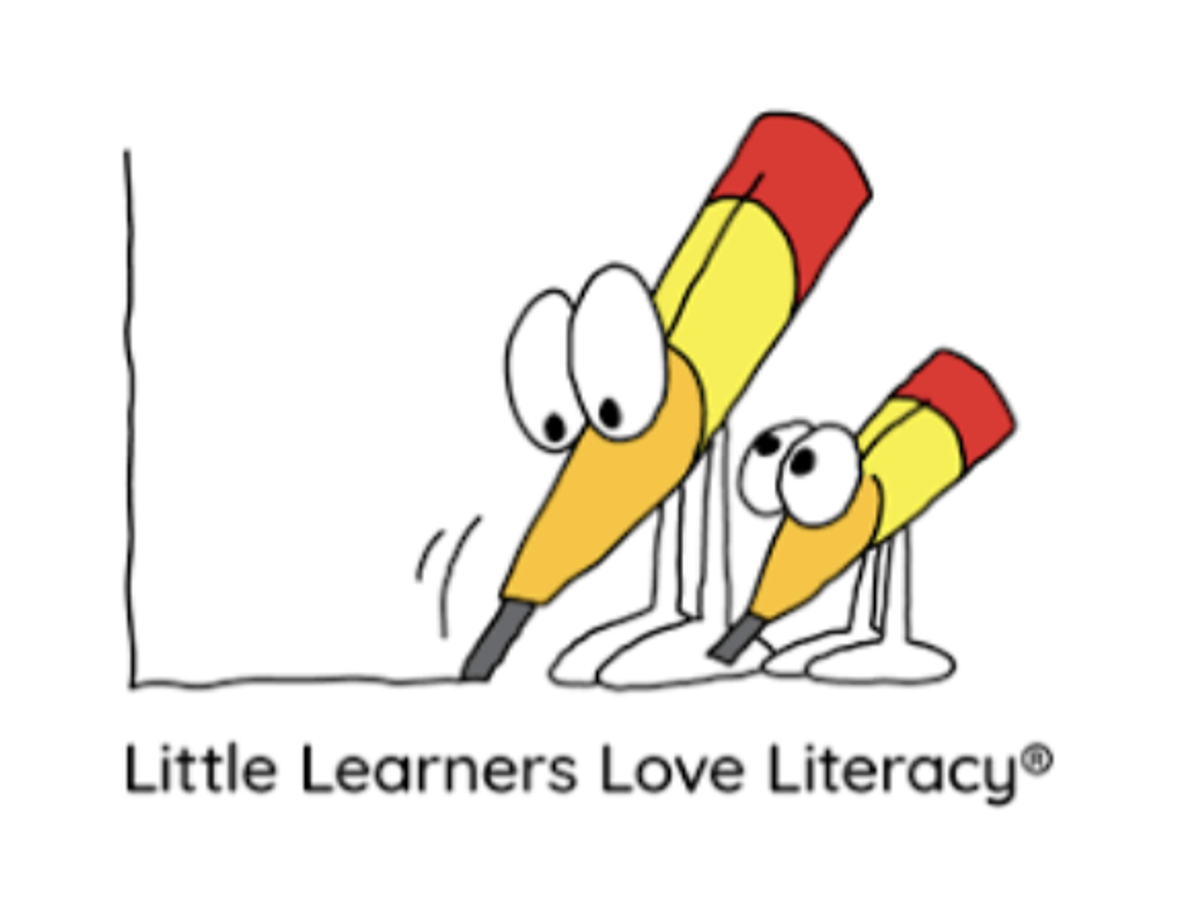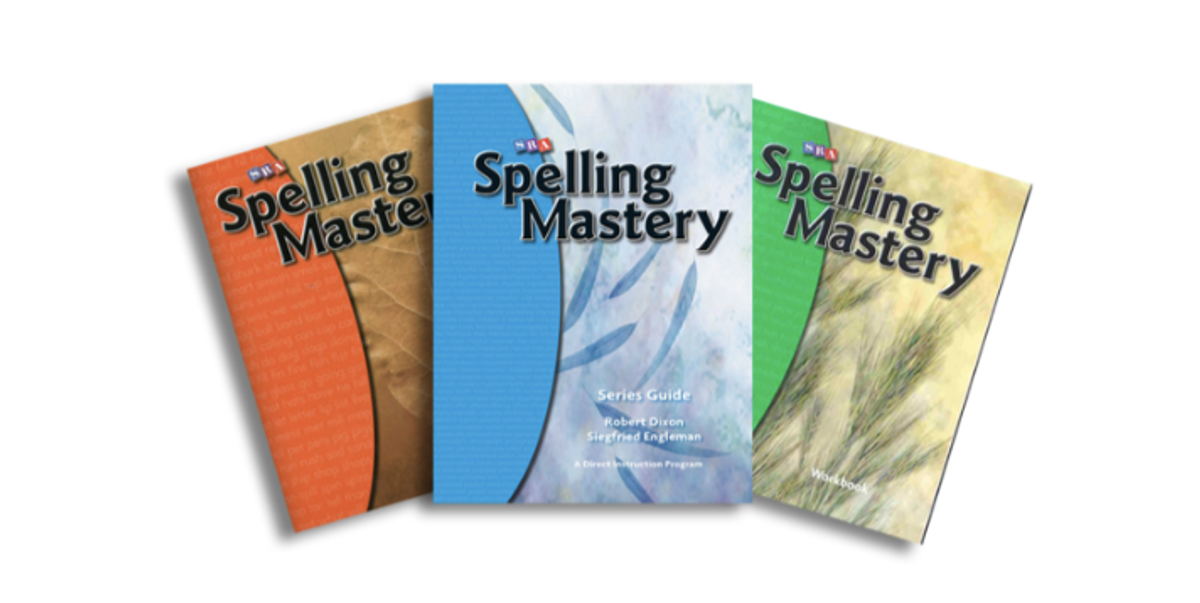Learning & Teaching

Updated Victorian Curriculum Version 2.0 for 2025
The Victorian Curriculum and Assessment Authority (VCAA) recently published its revised Mathematics and English curriculums (English Version 2.0 and Mathematics Version 2.0).
All Victorian school will be using the Mathematics Version 2.0 and English Version 2.0 in 2025. At Sacred Heart we will be using the revised Mathematics 2.0 and English 2.0 for school reporting from Semester 1, 2025.
The revised Mathematics and English curriculums are based on feedback from Victorian educators, including through formal Victorian Curriculum F–10 Monitoring Framework that has been conducted annually since 2018, significant consultation conducted by ACARA in preparing Version 9 of the Australian Curriculum Foundation to Year 10, and advice provided by Curriculum Area Reference Panels, comprising Victorian teachers from across school sectors.
What are the major differences?
Mathematics
The original Mathematics curriculum 1.0 assessed and reported against the 3 strands of the achievement standards (Number and Algebra, Measurement and Geometry, and Statistics and Probability). The Mathematics Version 2.0 is organised into 6 strands (Number, Algebra, Measurement, Space, Statistics, and Probability).
English
The original English curriculum 1.0 assessed and reports against the 3 strands of the achievement standards (Reading and Viewing, Writing, and Speaking and Listening). English Version 2.0 has been developed to be more flexible and invites skills to be transferred across language modes and contexts and is now organised into the following strands: Language, Literature and Literacy.
Please note that Reporting for both curriculum areas will change in 2025. Information about these changes and how the semester reports will look, will be communicated next year.
The Science of Learning
Over the past year, classroom teachers have been engaged in professional development by MACS Staff at various Eastern Region Network Days and curriculum professional learning workshops about The Science of Learning as part of the MACS 2030 Vision for Instruction. The Science of Learning research focuses on the cognitive science related to how students learn and connects this research to its practical implications for learning and teaching. The Science of Learning identifies six key questions and related cognitive prinicples about learning:
- How do students understand new ideas?
- How do students learn and retain new information?
- How do students solve problems?
- How does learning transfer to new situations in or outside of the classroom?
- What motivates students to learn?
- What are common misconceptions about how students think and learn?
The key questions help inform the learning and teaching at Sacred Heart and guide our curriculum programs and instructional strategies with improved student outcomes at the core of our planning. One instructional strategy that teachers have adopted this year in English and Mathematics is Daily Review.
What is Daily Review?
Daily Review is an important component of instruction. Review can help students strengthen the connections among the material they learned. The review of previous learning can help us recall words, concepts, and procedures effortlessly and automatically when we need this material to solve problems ot to understand new material. The development of expertise requires thousands of hours of practise, and daily review is one component of this practice.
Spelling at Sacred Heart
Prep and Year 1
Next year in Prep and Year 1, we will continue using the Little Learners Love Literacy (LLLL) program. LLLL – is a structured and explicit program with engaging multisensory activities. This program aligns closely with MACS 2030 Vision for Instruction and The Science of Learning. It is carefully sequenced in seven stages to teach children the 44 sounds of the English language and the principles of the alphabetic code (that each speech sound can be represented by different groups of letters, such as the sound /ī/ as in I, sky, pie, ice, cycle, and that a letter (or group of letters) can represent different sounds, such as the letter ‘y’ in yes, gym, funny, sky.
In Prep we start with teaching the simple code in Stages 1–4. We will focus on phonics and phonemic awareness to build the strongest foundations for reading and spelling success. We will also focus on building vocabulary and oral language skills to develop equally strong foundations for comprehension and writing. In Year 1, children build on the skills learnt in Prep. They continue to become fluent and confident readers. They learn long vowels, alternative graphemes, suffixes and associated spelling and morphology rules.
Year 2 - 6
Next year we will be moving away from the SMART Spelling program and implementing Spelling Mastery from Years 2- 6. Spelling Mastery is a fully scripted 'Direct Instruction' program that has an extensive research base and is teacher directed. This closely aligns with the 2030 MACS Vision for Instruction and The Science of Learning. The program helps students understand the relationship between sounds, word parts, and spelling patterns.
Spelling Mastery encourages students to learn strategies to spell correctly rather than rely on memory alone. There are three approaches within Spelling Mastery. Phonemic, whole-word, and morphemic.
- Through the phonemic approach, students learn sound-symbol relationship between letters and sounds that help student spell using predictable patterns. For example, words like map, tap, fog, fan.
- The whole word approach teaches students high frequency words and irregularly spelled words that do not follow a predictable pattern. Examples-‘ answer’ ‘the’ and ‘people’.
- The morphographic approach teaches students that all words are made of one or more morphograph or word parts. They also learn rules that apply when combining morphographs to form words. Examples- ‘Re’ as a morphgraph hasmeaning. It means again (repack, return, rerun) ‘-est’ means the most (lightest, happiest, friendliest).
Your child will learn to spell using all the above methods through lessons delivered in class. This means that homework may look a little different. Please do not be concerned if word lists aren’t being sent home on a regular basis, as the focus of Spelling Mastery is for students to understand how to spell rather than spell ‘by heart’.
We also recognise the need for practising the skills learned in class, so when there are word lists sent home it would be mainly when added practice is called for.
Each child also will work through a workbook in class that was purchased via your booklist. All learning will be recorded in this book.
We look forward to starting this new journey of learning at Sacred Heart.

